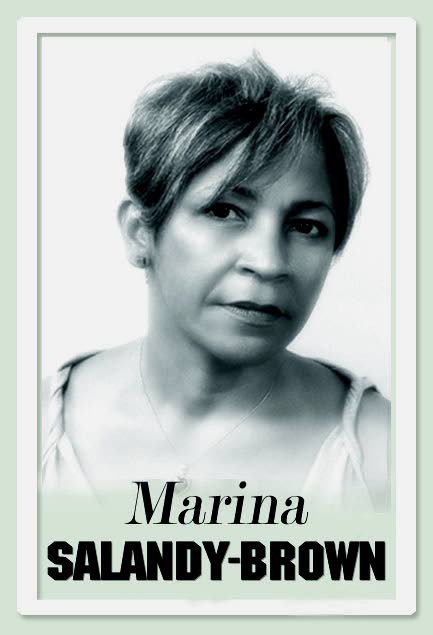The pandemic pause

There is usually a silver lining to what may appear to be a disaster, although it is not always apparent at the time. We are slowly recognising the paradoxical benefits of this enforced mass global self-isolation in which we are joined, some of us fortunate ones even enjoying the uniqueness of the experience that allows us to press the pause button and catch our breaths.
For sure, there is a lot of long lasting disruption for countries and regional and global economies and also for individuals and families in which loved ones did not survive covid19 or have been left in poorer health because of it, or where jobs and livelihoods have been lost perhaps forever. For students whose academic trajectories have been severely disturbed and the many disadvantaged by limited access to remote learning 2020 will be an indelible scar on their lives.
The experience is definitely not positive for all of us, so where to find that silver lining? I have read several accounts of a few very old people surviving the virus and wondered at their resilience. Maybe respiratory illness was just not their Achilles heel or they have especially strong immune systems, but perhaps they also have a certain way of seeing the world. One TV channel reported on a woman of 106 being wheeled out of a hospital to a medical guard of honour, the proud survivor of covid19; she appeared to be a most serene person. The story of 99-year-old war veteran walking up and down his garden path to raise millions of pounds sterling for the British health service warms the heart because of his indomitable spirit. The story about an eighty-something-old mother not getting the virus and looking after her much younger daughter, wryly putting her down as she cleaned their house, caused me to reflect on my own household.
My mother is approaching 99 and in perfect health although diminished eyesight reduces her independence and she is increasingly forgetful. We fuss over her but she could well be the last person standing if covid19 swept through our house. She is like a citadel, impervious to the enormity of what we are living through. I repeat the news of the millions of unemployed, the still truly unaccountable tens of thousands of deaths, I point at the eerie pictures on the television screen of international hotspots such as New York’s Times Square and St Peter’s Square at Easter devoid of people, and each time she frowns in disbelief, quizzing me, “What are you saying? That makes no sense.” I marvel at the fierce mother whom I had once feared, only 4’8” yet a giant, behind whose skirt I would still feel safe, her highly developed ego in tact, her defiance undiminished but I have found a simple and effective way to deal with the most difficult time of the day - mealtimes. I ask her to give thanks for what we have instead of rejecting it. It always works, along with the distraction of conversation.
I had read of a famous US study about the connection between happiness and a longevity with particular reference to Alzheimer’s disease. It involved 700 nuns aged 75 to 107 of the order of Notre Dame. On entering the order as young women they had each written about their lives. The researchers found correlations between the early expression of positive emotions, such as gratitude, hope, love, happiness with their longevity and were also able to project with 86 per cent accuracy which nuns would develop Alzheimer’s. So, how we approach the world affects our immune system, general heath and life span.
Personally, I have always found that gratitude, particularly, is the most powerful antidote to discontent and unhappiness, so no surprise then that many other research studies bear that out. Gratitude makes us feel better about ourselves unless of course we overdo it. When my young son hankered after something I pointed out his good fortune compared to the world’s deprived until one day it came to an abrupt stop. He said I had made him feel guilty about his happy circumstances. It was a relief for me and it did him no harm. I see its positive effect now. In fact, research shows that if young people are generous, including volunteering and being concerned for others, they enhance their physical and mental health into adulthood.
The forced moratorium on consumerism, regardless of the economic cost, is an opportunity for us to reflect upon how the desire for things outside of us is the motivation of our societies and economies and to consider its long-term cost. It should cause us to pause and think of what happiness is really about. We know that people thrive from helping others – being altruistic, and we have seen a lot of that during the last few weeks. The sharing and giving, even in physical isolation, has been an incredible coming together which is a sort of emotional antidote to the pandemic.


Comments
"The pandemic pause"